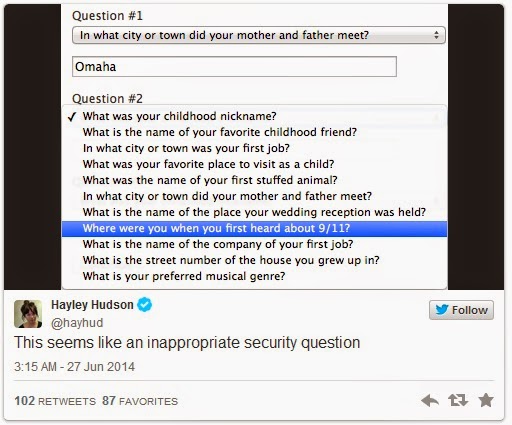Reading Speed
Several sites like Longreads and Medium suggest articles for you to read and also the approximate time to read each of those articles…4 minutes or whatever. Looks like now that metric has moved from the digital to the physical world, from articles to entire books: like Reddit co-founder Alexis Ohanian’s book, Without Their Permission , it had the time-to-read number printed on the back : “5-hour read”! While Michelle Dean can see the use of such numbers in case of Internet articles: “I understand that we live in the kind of culture where we are scheduled down to the minute, where reading is a thing you fit into your spare time, which is typically the one hour you spend on the subway each day. So I understand needing to organize your time.” She doesn’t see the point of it in case of books. After all, she says: “It certainly isn’t to give you a true idea of what kind of investment is required to read the book.” Besides, she argues, doesn’t it just lead to a reading race wi...

